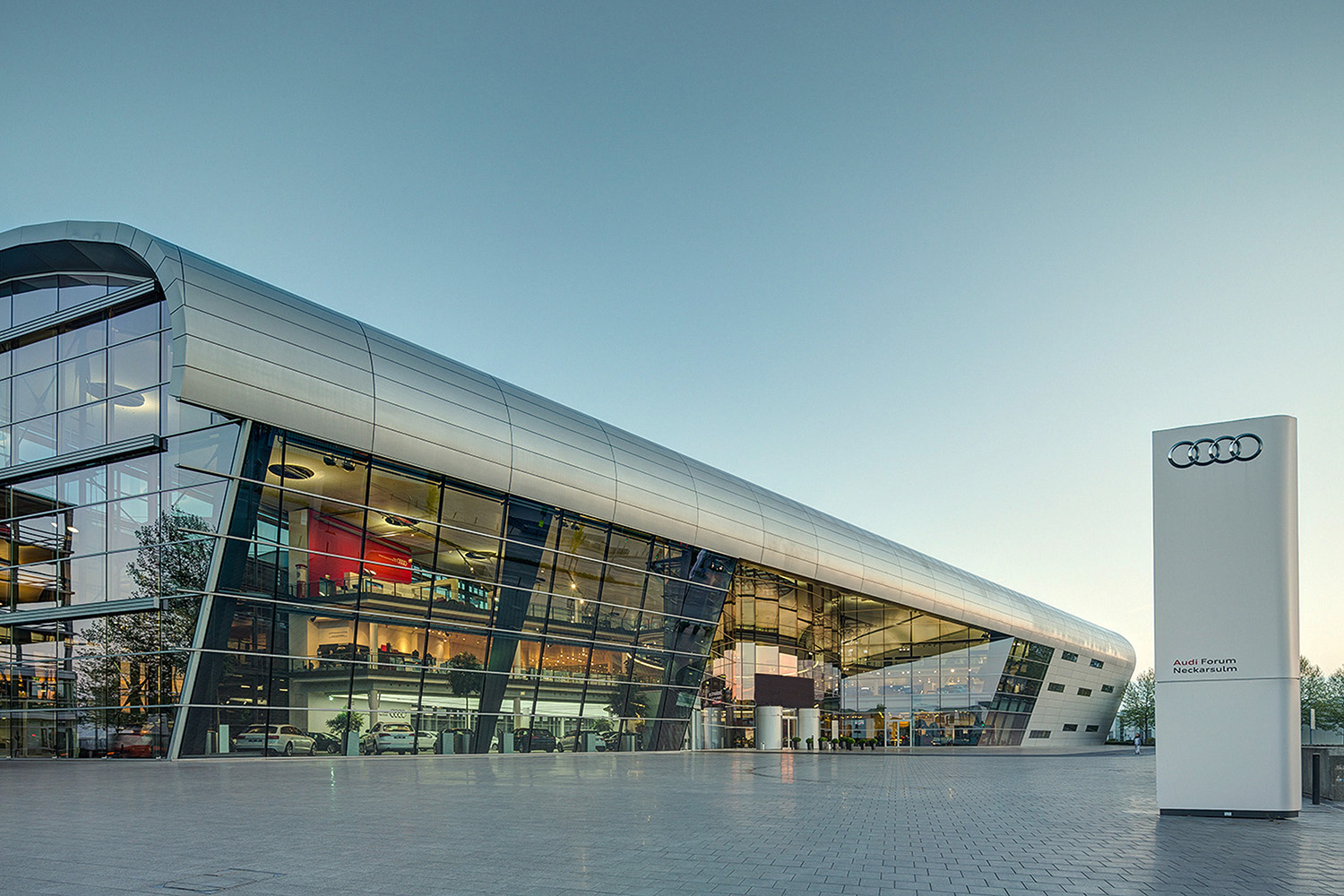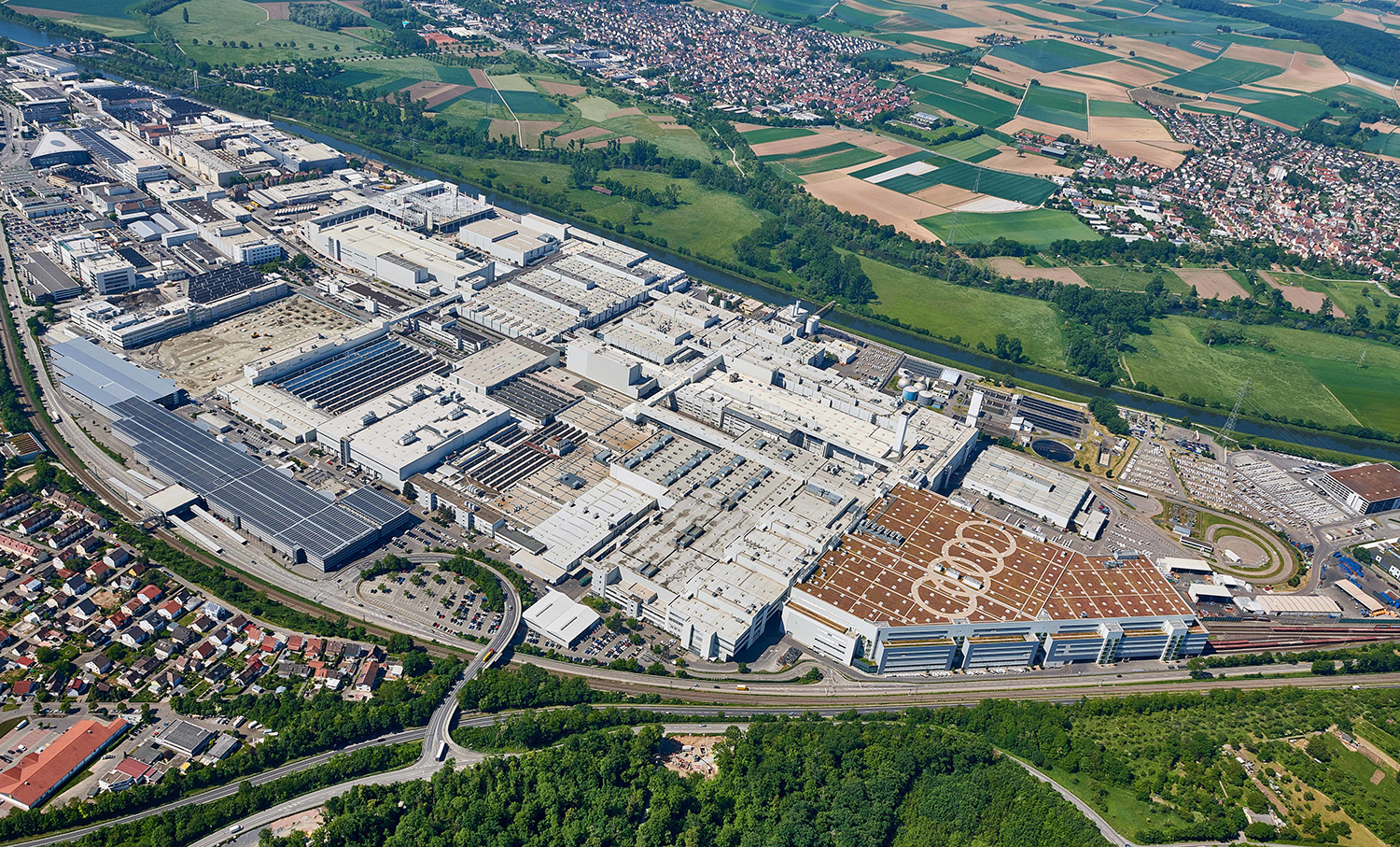Statement of the jury
Resistance spot welding (WPS) stands as the predominant joining technology in automotive production for car body construction. This equipment-intensive area generates a vast amount of data. Through a seamless collaboration between the body shop at Audi in Neckarsulm, Volkswagen IT, and the Audi Production Lab, Audi has successfully achieved the implementation of AI (artificial intelligence) for quality assurance in the body shop, elevating it to a state of production maturity.
Using "WPS Analytics," machine learning is now employed to inspect resistance spot welded joints at Audi in Neckarsulm. Notably, in the body construction of the Audi A6 and Audi A7, a comprehensive 100% check of spot welds is conducted in addition to the ongoing random inspection via ultrasound, all facilitated by the data generated in the process. The results are promptly displayed to product inspectors directly at their workstations through the Quality Dashboard. This innovative approach allows for dynamic inspection plans to be created, enabling employees to focus on potential anomalies and, thereby, enhancing quality control with greater efficiency and precision.
Utilizing "WPS Analytics," the body shop in Neckarsulm achieves heightened process reliability by enhancing transparency and sets a remarkable new benchmark for quality assurance with a staggering 1.5 million welding spots per shift. Thanks to the diligent efforts of all involved, the implementation of AI has enabled the automatic and real-time detection of quality anomalies from process data. The data scientists responsible for developing the algorithms leveraged existing process data and test results from the last three years, ensuring a continuous training of the system through machine learning.
Audi's pioneering work in this domain is particularly evident in two key aspects. Firstly, the adept handling of AI-generated results demonstrates their commitment to effective utilization. Secondly, Audi has successfully secured the application of certification standards within production, an achievement that ensures confidence in the technology's use. To accomplish this, close coordination with esteemed organizations, such as the “Deutsche Gesellschaft für Qualität” (DGQ), the Fraunhofer Institute for Industrial Engineering IAO, and the Fraunhofer Institute for Manufacturing Engineering and Automation IPA, was integral in mapping the process in an audit- and certification-secure manner at the Neckarsulm site.
Additionally, the project team introduced the production employees to the concept of AI. This step was crucial as gaining the trust of product testers and quality experts in AI results is vital for gradually reducing the testing scope. To achieve this, target group-oriented expert discussions, regular feedback rounds, and online training were developed. According to the jury, the successful acceptance transformation of AI, the resolution of the certification issue, and the noticeable enthusiasm displayed by the employees at the Neckarsulm site are the key success factors for "WPS Analytics."
The use case showcases the Volkswagen Group's trajectory with the Industrial Cloud. By consolidating production data on a digital platform, they unlock the potential for easier roll-out across all connected sites, maximizing the scaling effect. This year, three other Volkswagen Group locations will establish the technical infrastructure for utilizing AI in "WPS Analytics."
The data generated by the application also holds promise for optimizing future processes. For instance, the Audi team is currently exploring using the data for predictive maintenance. Maintenance staff regularly check the parameter development of the systems according to the Pareto logic of conspicuous welding points. During the pilot phase, early detection of welding gun cracks prevented significant production downtime, and timely replacement during the next maintenance interval proved advantageous. The next objective is to determine the optimal timing for changing welding caps to reduce maintenance costs, highlighting Neckarsulm's substantial step forward in embracing AI-driven predictive maintenance solutions.
The plant
The Audi site in Neckarsulm is responsible for the production of the Audi A4, A5, A6, A7, and A8 model series, with a total of over 148,000 vehicles manufactured in 2022. The site employs around 15,500 people and houses all essential trades, including the press shop, body shop, painting, and vehicle assembly. The body shop played a key role in developing a use case, working closely with the Audi Production Lab in Ingolstadt.
Congress organisation
phone +49 89 44 388 99 22
lean.award(at)agamus.com

